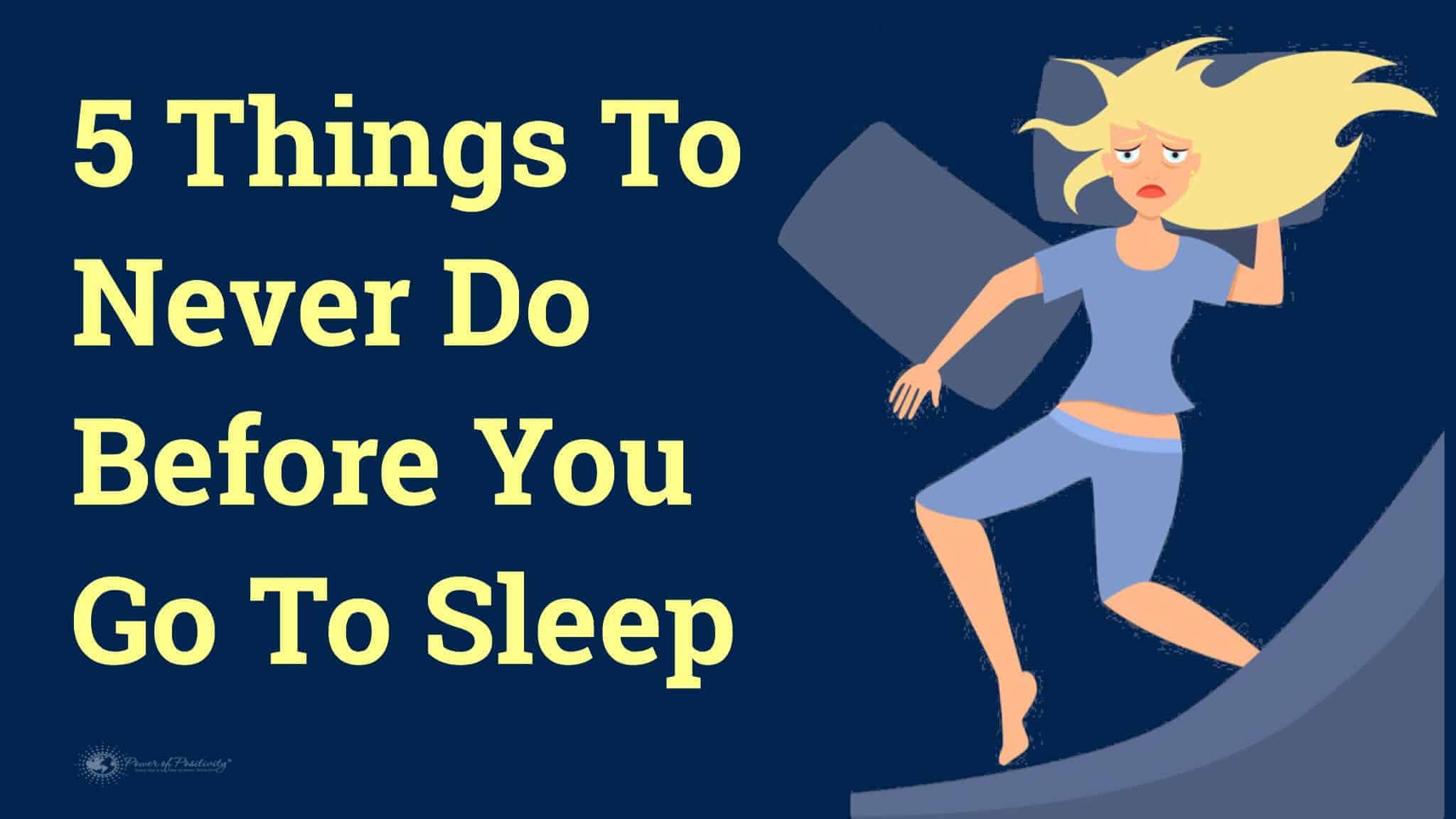Sleep is increasingly recognized as important to public health, with sleep insufficiency linked to motor vehicle crashes, industrial disasters, and medical and other occupational errors. An estimated 50-70 million US adults have (a) sleep or wakefulness disorder. – Centers for Disease Control and Prevention
Obesity. Smoking. Sleeping. What do these three things have in common? Each is considered a public concern or epidemic by the nation’s leading public health organizations.
To be more specific, the correct term for this sleep epidemic is sleep deprivation or sleep deficiency…and many of us have this problem. The National Sleep Foundation (NSF) reported in 2014: “Forty-five percent of Americans say that poor or insufficient sleep affected their daily activities at least once in the past seven days.”
Unfortunately, it’s getting worse. In February of 2016, the Centers for Disease Control and Prevention (CDC) reported that 1 in 3 adults do not get enough sleep on a regular basis. Sleep deficiency/deprivation has serious consequences – both for the individual, and for society.
Most importantly, lack of rest can seriously affect our health. According to the CDC:
“Persons experiencing sleep insufficiency are also more likely to suffer from chronic diseases such as hypertension, diabetes, depression, and obesity, as well as from cancer, increased mortality, and reduced quality of life and productivity.”
Despite a prolific amount of scientific research, there are still plenty of people who think that lack of sleep is no big deal. Part of this can be attributed to the fact that information pertaining to sleep’s effects on our health is not widely disseminated. When’s the last time a commercial or public announcement was made about the importance of sleep?
This said, one of the main reasons for America’s insomnia problem is our propensity for engaging in bad habits prior to going to bed
We discuss 5 such habits in this article. Each of the 5 has been researched – and subsequently proven – to adversely affect both the quality and duration of sleep.
Without further ado, here are 5 things to never do before you sleep:
1. “Binge watch” TV
How many of us have TVs in the same room where we sleep? (Me too).
We work hard, are time-constrained, and want to find a way to actually enjoy ourselves for a bit. “What better time than to watch some Netflix than bedtime?,” we think. And about two-thirds of us watch TV an hour before bed time.
The problem with watching TV is that it (literally) stimulates the brain. W. Christopher Winter, MD and sleep specialist explains: “The bright light of TV stimulates the brain, which can affect the secretion of melatonin, a hormone necessary for quality sleep.”
Do this: As tempting as it may be, shut the TV off at least an hour before bedtime.
2. Update Facebook/Instagram/Snapchat/anything
Our desire to constantly interact with our social networks is seemingly insatiable. It’s so, so easy to just reach for our smartphone and check email, texts, Facebook, or just browse the web.
Similar to watching the tube prior to bedtime, smartphones also stimulate the brain. The blue light produced by many electronic devices interrupts the body’s natural sleep/wake clock – also known as circadian rhythm.
But unlike that TV remote we always lose, our phones are usually within an arm’s reach. Life is so hard these days, sheesh…
Do this: A part of us may die inside, but the solution here is to bid the phone “night-night” and stash it.
3. Munch on fatty/spicy/sweet foods
Two reasons not to do this: (1) sweets like cookies, cupcakes, juice, etc. can bring “unwanted guests” like ants and flies and (2) they keep us awake. Which one is worse? Heck, they’re both worse.
Foods that are spicy or laden fat can trigger our stomach to respond with lovely acid reflux. Of course, our innards don’t take a particular liking to stomach acid entering the esophagus when trying to sleep.
Do this: Try to eat no later than two hours before bedtime to allow for proper digestion. Limit the aforementioned foods during this time.
4. Drink or eat anything with caffeine
Come on, folks. We all know better than this.
But in our defense, it’s not always simple as abstaining from coffee or soda pop.
Some ‘decaffeinated’ coffee can actually contain up to 20 milligrams of caffeine. While this may be 4-6 times less caffeine than in a regular cup of joe, it can still keep you awake. Caffeine can actually stay in the body for as long as 12 hours.
Related article: 5 Diseases That Can Grow In Your Body When You Don’t Sleep Enough
What about chocolate? Well, aside from the discussion about eating sweets before bedtime, certain types of chocolate contain caffeine. 100 grams of dark chocolate, for example, contains over 40 grams of the stuff.
Do this: By all means enjoy coffee and chocolate, but do so during the day.
5. Not having a bedtime routine.
Look, we all want to accomplish what we can, when we can. It can be tempting to “get a head start” on the day ahead; but it isn’t a good idea to do anything that requires significant brainpower before nodding off – and any activity too stimulating makes it difficult for the brain to do just that.
The brain needs a period of time to unwind and prepare for sleep.
Do this: Take at least 30 minutes and do something relaxing to invite a good night’s sleep.

















